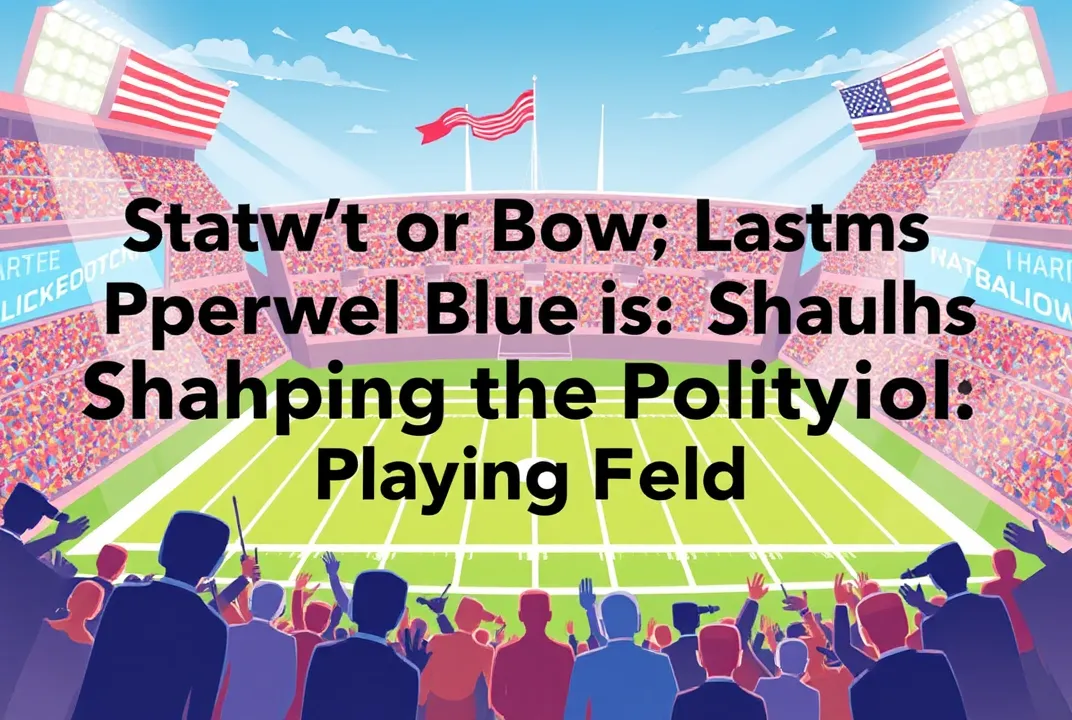A Tragic Family Saga: The Menendez Brothers’ Journey Through Pain and Crime
In the realm of true crime stories, few narratives resonate with such a blend of horror, intrigue, and profound tragedy as that of the Menendez brothers. Their saga transcends a mere criminal case, delving deep into the complexities of familial relationships, the quest for wealth, and the unpredictable nature of human emotion. This article explores the multifaceted layers of their story, from their early life marked by instability to the ruthless crime that captivated a nation.
Early Life and Background
To fully understand the events that unfolded, it is essential to consider the upbringing of Erik and Lyle Menendez. Born into a wealthy family in the late 1960s, the brothers initially enjoyed a life of privilege. Their father, Jose Menendez, was a successful businessman, while their mother, Mary “Kitty” Menendez, was a homemaker. However, beneath the surface of affluence lay a tumultuous family dynamic filled with emotional neglect and abuse. Erik and Lyle faced bullying from their peers, and their home life became increasingly oppressive, particularly due to their father’s authoritarian nature.
Testimonies revealed that their father had a history of violent behavior, and the brothers were subjected to emotional and physical abuse. This complexity would later become central to their defense claim during the murder trials that shocked the nation. Understanding this tragic familial background is crucial as it paved the way for the horrendous crime that would ensue.
The Night of the Murders
On the fateful night of August 20, 1989, everything would change. Erik, then 18, and Lyle, 21, were accused of murdering their parents in the family’s Beverly Hills mansion. The crime was gruesome; both Jose and Kitty were shot multiple times with shotguns, a clear indication of the brutality involved.
Initially, the brothers exhibited a façade of sorrow, even going as far as to cry publicly about their parents' deaths. However, the investigation took a sinister turn when details surfaced about their financial motives. The brothers were set to inherit a substantial sum upon their parents' passing, a fact that made them primary suspects.
The Investigation and Legal Proceedings
The evidence against the Menendez brothers was intricate. Detectives delved into their activities leading up to the murders and discovered various inconsistencies in their alibis. As the investigation unfolded, shocking details of family dysfunction began to emerge.
In 1990, the case escalated as the brothers were charged with first-degree murder. Their trial received significant media attention—primarily due to the high-profile nature of the case and the wealth of the family involved. The brothers claimed they had acted in self-defense, citing years of abuse at the hands of their father.
Prosecution argued that the murders were premeditated, rooted in greed, and fueled by resentment toward their parents. They pointed to the brothers’ luxurious lifestyle that followed the murders, laden with expensive cars, lavish parties, and extravagant vacations.
Defense: The Abuse Did Happen
The defense team, led by attorney Leslie Abramson, endeavored to shift the narrative by emphasizing the psychological trauma inflicted upon the brothers throughout their childhood. Psychiatrists testified about the impact of severe emotional abuse, particularly from their father, which contributed to the brothers’ mental state. They argued that years of suffering led to a breakdown, prompting the horrific act of violence.
This legal strategy marked a pivotal moment in the case, shedding light on the effects of family trauma and emotional neglect. The prosecution and defense presented compelling but conflicting arguments that gripped the public's attention and sparked debates about familial responsibility, mental health, and the nature of trauma.
Public Reaction and Cultural Impact
The Menendez case became a cultural phenomenon with media outlets closely following every development. It ignited discussions about family dynamics, abuse, and the morality of wealth. Public opinion was sharply divided—the narrative of affluent sons who killed their parents for selfish reasons clashed with the heartbreaking portrayal of children who had endured unimaginable suffering.
Television specials, documentaries, and books emerged, diving deeper into the brothers’ lives and the societal implications of their actions. In many ways, the Menendez brothers symbolized the struggle faced by those who endure familial trauma while grappling with societal perceptions of wealth and morality.
Verdict and Sentencing
In 1994, both Erik and Lyle Menendez were found guilty of first-degree murder after a lengthy trial. The court chose to impose stiff penalties, sentencing them to life in prison without the possibility of parole. This outcome sparked outrage and protests from both sides of the argument. Supporters of the brothers insisted that the focus should be shifted toward understanding the psychological trauma they faced rather than solely condemning their actions.
The legal battle didn’t end there, as the brothers continued to fight their convictions, and various appeals were filed over the years. The courts ultimately upheld the initial verdicts, emphasizing the nature of their crime while acknowledging the complexities of their backgrounds.
Reflection on Family Dynamics
The Menendez brothers' case serves as a poignant reminder of how family dysfunction can manifest in destructive ways, affecting not only individuals but entire communities. It raises questions about the roles parents play in nurturing or damaging their children and highlights the urgent need for awareness and resources for families grappling with underlying issues of abuse, mental health, and emotional trauma.
Conclusion
The tragic narrative surrounding Erik and Lyle Menendez is a haunting tale that continues to reverberate through society. It invites introspection on the intricate web of family relationships, the consequences of abuse, and the diverse ways individuals cope with trauma. As discussions around mental health and familial impact evolve, the story of these brothers remains relevant—an enduring testimony to the complexities of human emotion and the ultimate capacity for harm within the sanctuary of family.
In unraveling this poignant chapter of true crime history, we confront not only the brothers' deeply flawed choices but the very human emotions that drive us all, raising important questions about empathy, responsibility, and healing in the wake of unimaginable tragedy.


 How Trump's Super Bowl Appearance is Shaping the Political Playing Field
How Trump's Super Bowl Appearance is Shaping the Political Playing Field